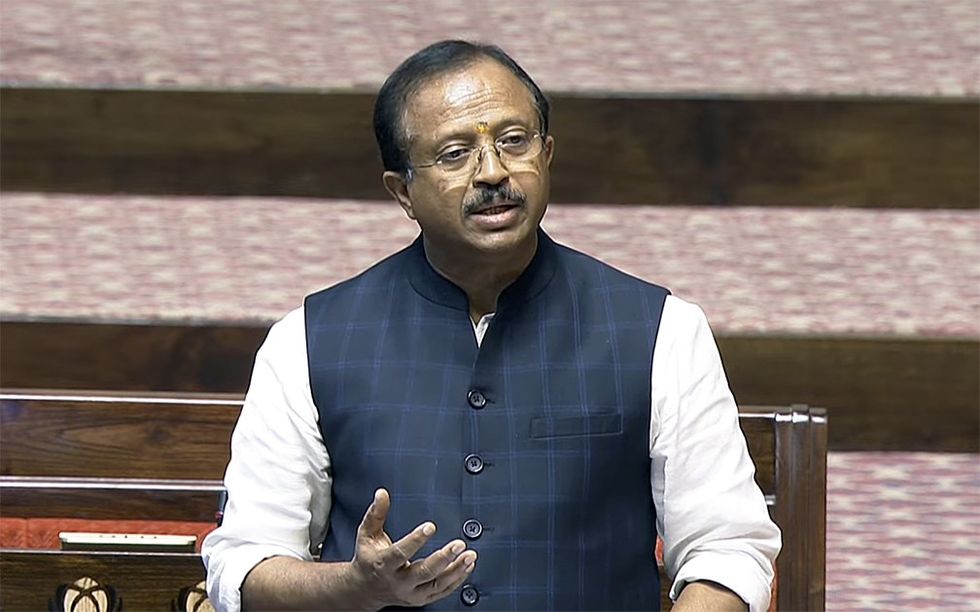CHANCELLOR of the exchequer Rishi Sunak on Monday (13) launched the Future of Compute Review during the opening address at London Tech Week, which kicked off the same day, as part of the UK government’s new Digital Strategy which was also unveiled at the event.
The review will be led by British-Iranian artificial intelligence (AI) expert Zoubin Ghahramani. He is a professor of Information Engineering at the University of Cambridge and vice president of Research at Google AI and director of Google Brain.
The project will look into the UK’s computer needs and develop cost-effective solutions to ensure that the researchers and industry have what they need to show the way forward and inform the country about a long-term plan. It will also aim at establishing a view of the role of compute in delivering the integrated review and science superpower in this decade.
Sunak called the UK’s tech sector as an “incredible, thriving ecosystem” as he launched the review.
He also said in his address at the Queen Elizabeth II Centre, “We have some of the best educated people in the world. And the percentage of tertiary-level graduates studying STEM courses here in the UK, is higher than even the US. But we don’t have a monopoly on talent. Nearly half of our STEM researchers are immigrants and around half of our most innovative fastest companies have an immigrant founder. So we’re making our visa system for international talent the most competitive in the world.”
The review will report to the chancellor and the secretary of state for digital, culture, media and sport.
Sunak also said that high-performance computers and cloud capabilities were key for powering technologies of the future, such as AI, and it would be critical for the UK’s productivity, prosperity and innovation.
“From modelling the effects of climate change, to powering the discovery of new drugs and increasing business innovation, the capabilities of advanced compute are endless.
“The UK is a world leader in innovation and this review will help us maintain that position - as we embrace new technologies and the people that create them to drive forward our growth and productivity,” Sunak added.
Advanced compute -- the large-scale processing power, memory and data storage that is used to tackle tasks beyond the capabilities of everyday computers -- is an important component of our digital infrastructure and a building block for future capability.
The Future of Compute Review, announced by the Chancellor at the Spring Statement, is set to provide recommendations to form the basis of a long-term plan for the government's approach to compute.
Commenting on his role as the lead of the review, Professor Ghahramani said, “The UK’s ability to do the hardest science, and help businesses be even more competitive, depends on more powerful computers. Advanced compute helps us model incredibly complex systems, such as what’s happening to the climate and how to stop the spread of pandemics.
“Advanced compute is fundamental to the UK’s national interest. This review will deliver a long term plan for UK compute, enabling government, business and academia to remain at the forefront of innovation and be prepared to fight the biggest challenges of this century.
“I am delighted to lead this review and look forward to bringing my industry and research experience to this important work,” he added.
Digital secretary Nadine Dorries said, “We witnessed our most powerful computers speed up the development of vaccines during the pandemic. But all the data generated in the coming years will be meaningless without the capacity to process it.
“This review will ensure we have the advanced computing abilities to keep the UK at the forefront of the most complex science and cutting-edge tech to deliver major benefits for people and businesses.”


















 US secretary of state Marco Rubio with India’s foreign minister Subrahmanyam Jaishankar in Washington DC last Tuesday (21)
US secretary of state Marco Rubio with India’s foreign minister Subrahmanyam Jaishankar in Washington DC last Tuesday (21) Anit Mukherjee
Anit Mukherjee V Muraleedharan
V Muraleedharan Dr Sasikumar S Sundaram
Dr Sasikumar S Sundaram


 Workers clean communication equipment aboard INS Surat on January 11
Workers clean communication equipment aboard INS Surat on January 11